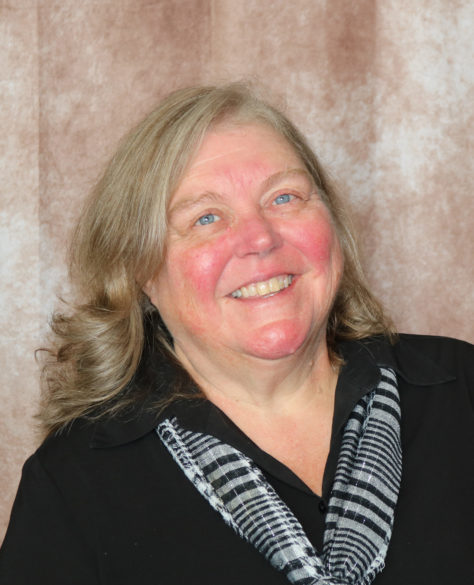Kneading Faith
By Fran Lavelle
”For I know the plans I have for you,” declares the Lord. “Plans to prosper you and not to harm you, plans to give you hope and a future.” (Jeremiah 29:11)
Church leadership hears the same often bleak news about the state of religion in our country. According to the most recent PEW Research study, 28 percent of adults in the United States are religiously unaffiliated. The religiously unaffiliated are also known as nones.
The decline in membership is being felt across the spectrum of Christian denominations. The questions this reality begs are many but chief among them is simply – why? Why are folks leaving organized religion? According to the PEW study:
The reason “nones” give most often for not having a religion is that they question religious teachings: 60% say doubt about these teachings is an extremely or very important reason why they are nonreligious. In addition, 32% cite a lack of belief in God or any other higher power. Altogether, 67% cite skepticism or nonbelief (or some combination of both) as a key factor in why they are nonreligious.
Meanwhile, 47% of “nones” say their dislike of religious organizations is an extremely or very important reason they are nonreligious. And 30% cite bad experiences with religious people. Altogether, 55% of “nones” mention religious organizations or religious people (or both) as key reasons for being nonreligious.
About four-in-ten “nones” attribute their lack of religiousness to not having a need for religion in their lives. And 12% say they don’t have time for religion. Altogether, 44% cite a lack of need or a lack of time (or both) as reasons for why they are not religious.
I have been working on the Pastoral Reimagining process for the diocese for the last year. Enveloped in this process is a desire to dream. It is important to dream but it is equally important to anchor our dreams in reality. This process for me has done both. The question posed by many of our parishes and missions is how do we reach out to the “nones” that once identified as Catholic? What are the areas of church life that need to be examined and reimagined?

The diocesan process for the Synod on Synodality identified unity and healing as the greatest need in our parishes. I refer to it as finding our way back to one another. Like any relationship some people have moved on feeling like they no longer need the church. Other folks have told me that they “took a break” for going to Mass and didn’t really miss anything. The challenge in all of this is not be defensive and assign blame on those who no longer worship with us. The difficult thing to do is look at who we are as a community and ask how we can be more welcoming and inviting. This is not to say that there needs to be a cheesy welcome to visitors like it’s their first time on a cruise ship, but a reinforcement of everything we do from the time people arrive in the parking lot until the time they get in their cars to leave they have been surrounded by the love of Christ manifested in how they were treated when they were with us.
We have a tendency to dismiss the missing. Statements like, “if they only believed this” or “if they were more that” diminish our responsibility to understanding why people leave in the first place. Many of those who have left said that once they were gone no one called or wrote to see how they were doing. One of my former college students told me after she left college and moved to a large city, “no one noticed when I was there, and no one noticed when I was gone.”
Catholics are creatures of habit. Most families sit within a two-pew area every week. The other members of this noted pew seating chart know when someone is not there. How can we respectfully reach out without seeming nosey? One of my friends at St. Joseph in Starkville lets me know when she is out of town, so my Mom doesn’t worry about her. Likewise, when Mom is not at Mass several church members “drop by the pew” on the way out and ask, “How’s Momma?”
It not only makes me realize how much they care about her, but it also makes me realize how easy it is to make the effort to let people know that their presence matters.
As Lent continues and Holy week approaches, who do we need to ask, ‘How’s Momma?”
(Fran Lavelle is the Director of Faith Formation for the Diocese of Jackson.)
